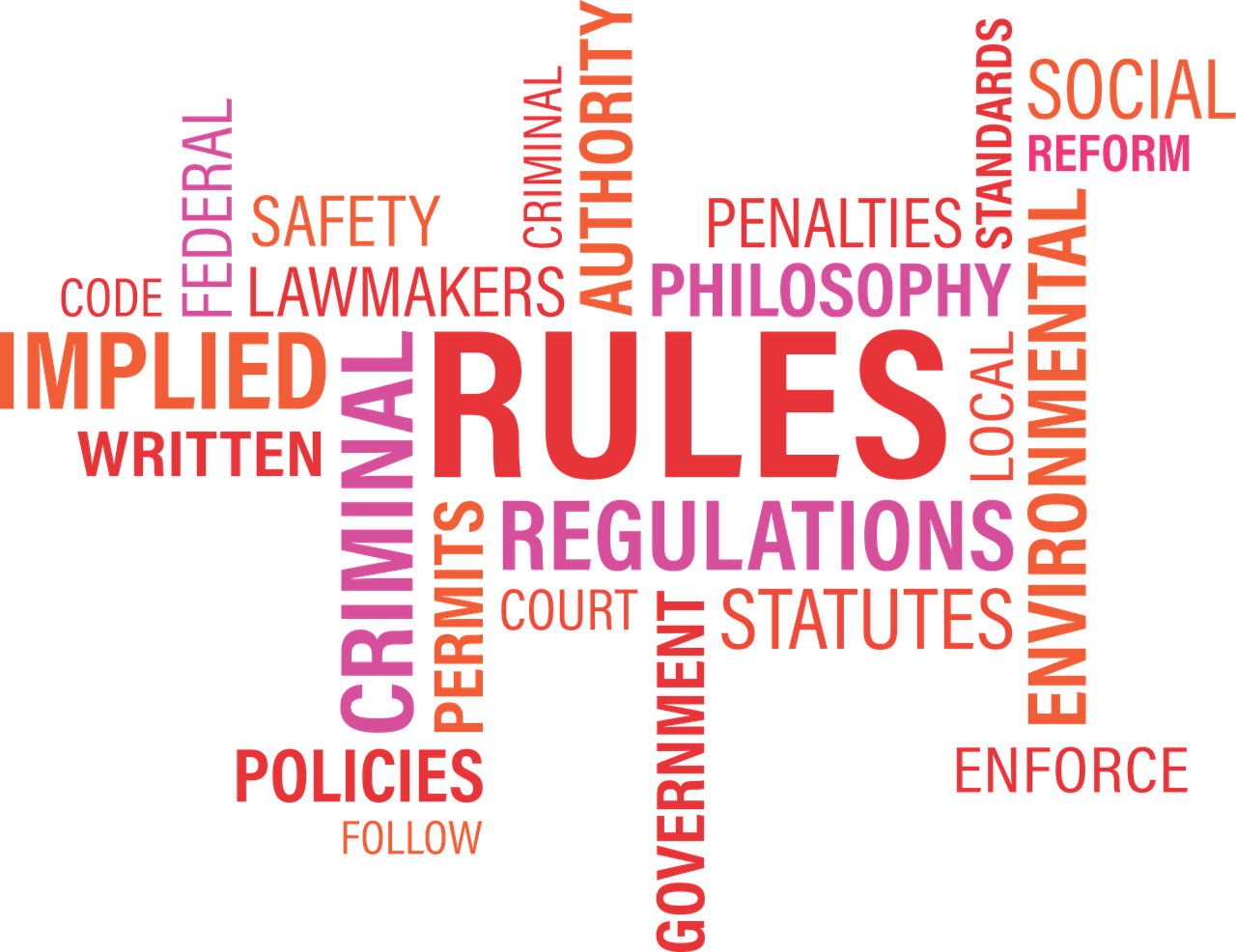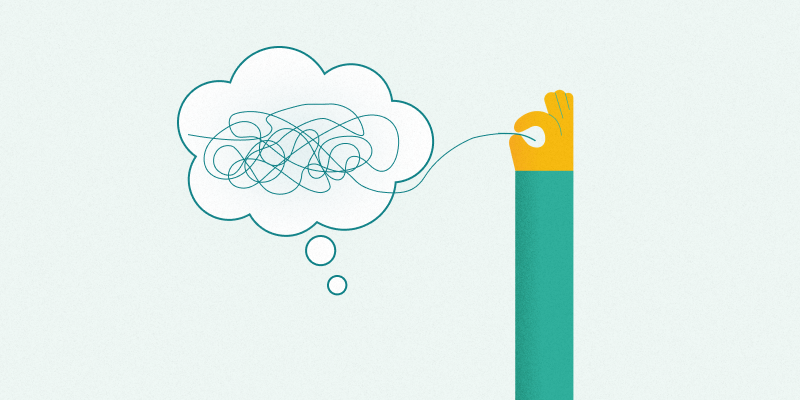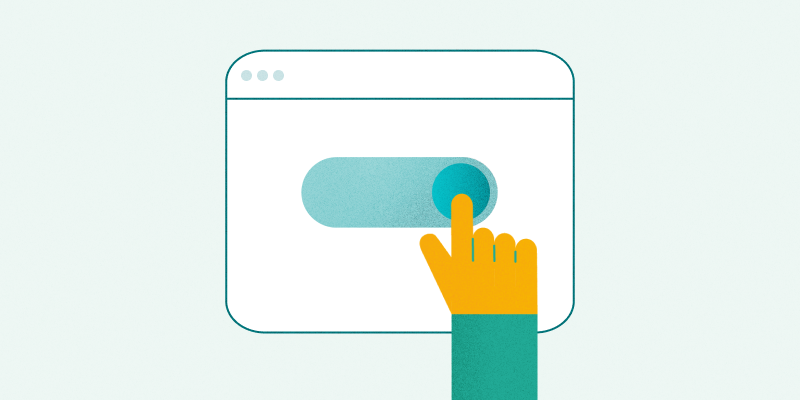3 min read
The gut feeling: an important tool in compliance
Most people working with AML compliance will recognise the feeling when your gut feeling just doesn’t sit right.

Sanctions are relevant as ever with Russia still thundering in Ukraine – but what are they in their entities? How do we impose them, and what are the consequences?
When you choose to sanction, the aim is to change a specific behaviour of the authorised person, such as violating human rights. E.g., to approve a particular country, a ban is placed on importing or exporting certain goods. These can be imported goods that help the government in war or exported goods that benefit the country to become wealthier.
An example of a sanction against a country is those imposed on Russia in 2022. Here it’s decided that you can’t export or import certain goods to Russia, as it may help them in the war against Ukraine.
In total, the EU has imposed up to 108 sanctions on entities and 1212 sanctions on individuals. These sanctions on individuals also result in a travel ban and asset freeze. The travel ban prevents the individuals on the sanctions list from traveling through the EU. The freezing of assets means that all the accounts belonging to the individuals are frozen in EU banks. There is also an explicit prohibition that no funds or support of any kind may be available to these individuals.
There are up to several products that the EU may not export to Russia, as the sanctions cover it. Many of the products are a technology that can help the country and give them a military advantage in the war.
Products that are sanctioned are:
There are also options for more products that the EU may not import from Russia. The reason is that the EU will not show Russia the support to buy their goods when they are at war with a candidate country for the EU. However, some points are only being phased out, as the EU cannot immediately free itself from the products.
This is also the reason why several goods in Denmark have become more expensive than they were before. This is, e.g., petrol and foodstuffs.
Products that are sanctioned are:
The national sanctions list is a public sanctions list that contains the names and nationalities of foreign religious preachers who are excluded from entry to Denmark for reasons of public order.
A person can be included on the national sanctions list if:
A foreigner on the national sanctions list is therefore not allowed to enter Denmark. The penalty for doing it can be up to 3 years in prison.

3 min read
Most people working with AML compliance will recognise the feeling when your gut feeling just doesn’t sit right.

2 min read
We are pleased to officially launch Comply Light – a simplified solution designed for lawyers who need to collect and store ID documentation in a...

3 min read
Time is running out if you want to stay ahead of the legislative changes affecting lawyers who use pooled client accounts, which come into force on...